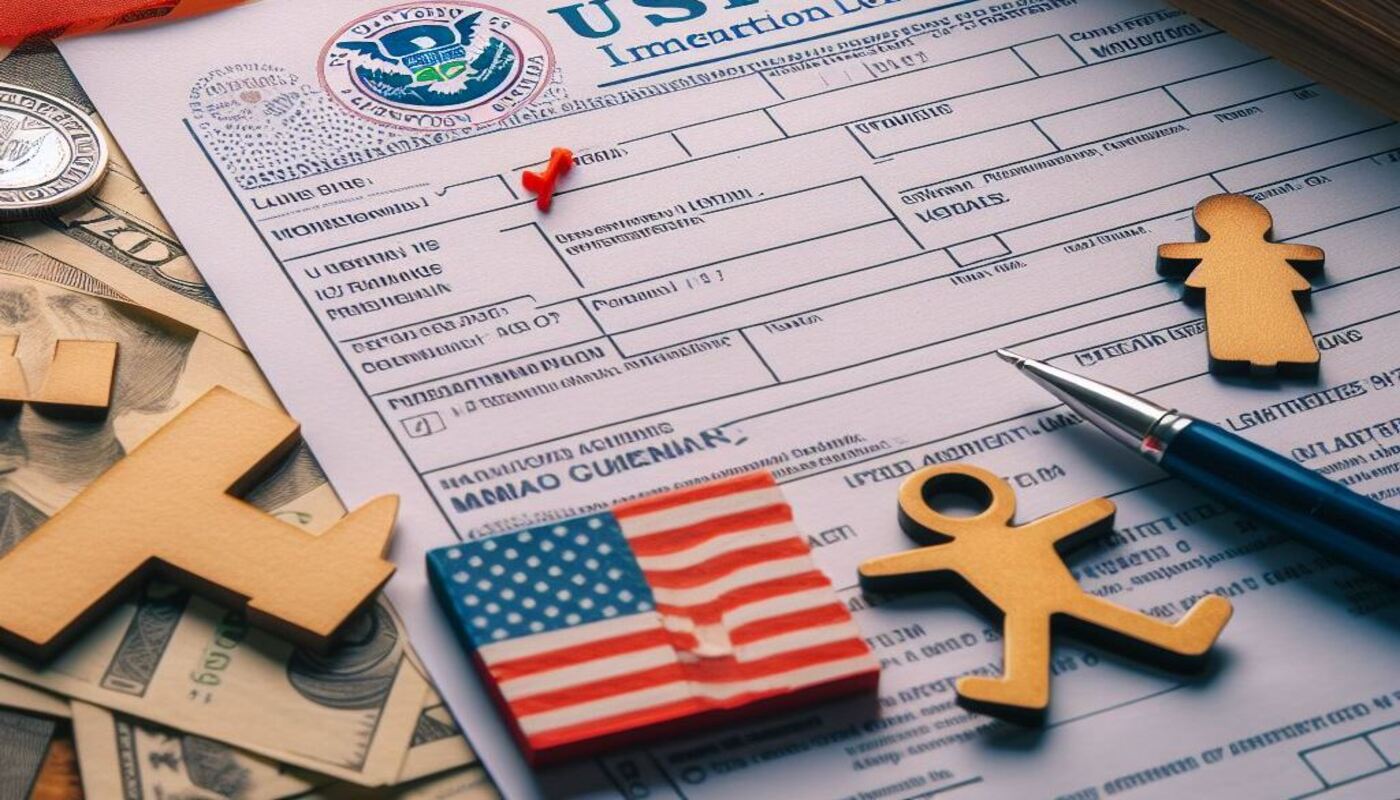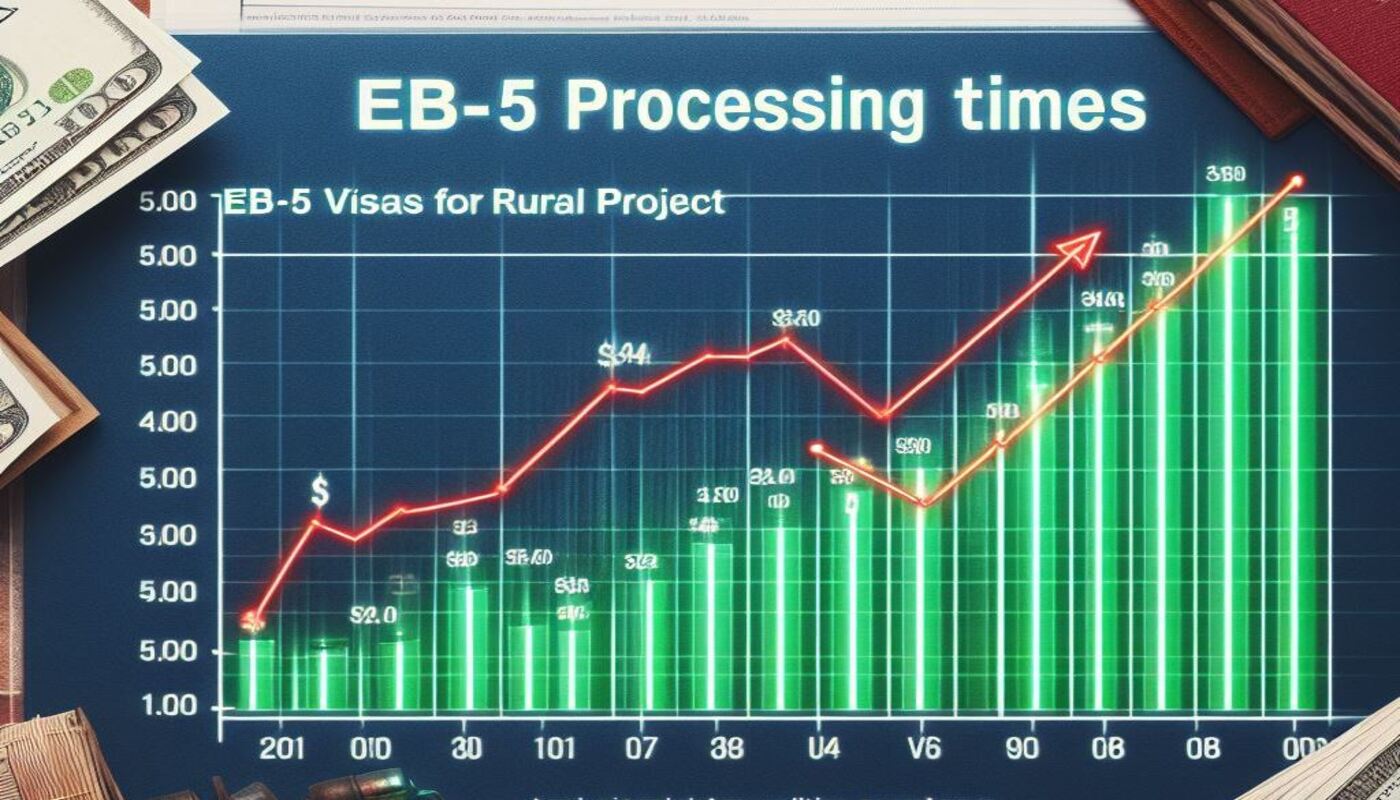U.S. Citizenship and Immigration Services (USCIS) has released an update to its Policy Manual, outlining new provisions for untimely filed extension of stay or change of status requests. According to the revised guidance, USCIS may, at its discretion and under specific conditions, excuse the failure to timely file such requests if the delay was caused by extraordinary circumstances beyond the control of the applicant or petitioner.
The updated policy (PDF, 312.15 KB) specifies that extraordinary circumstances encompass various scenarios, including delays due to labor disputes such as strikes, lockouts, or work stoppages. Additionally, it recognizes situations where the primary reason for the late filing is the inability to secure a certified labor condition application or temporary labor certification due to a lapse in government funding supporting these certifications.
This policy revision aligns with the commitments outlined in the report by the H-2B Worker Protection Task Force (refer to p. 6-7 of the report PDF – Action 1.1.). As part of this commitment, the Department of Homeland Security (DHS) aims to clarify that individuals who have stayed in the U.S. beyond the expiration of their admission period due to workplace labor disputes will not face adverse consequences solely based on these circumstances when applying for subsequent visas or a change of immigration status.
While USCIS doesn’t issue visas, the agency is responsible for adjudicating extension of stay and change of status requests. Typically, certain nonimmigrants in the U.S. can request an extension to continue activities allowed under their specific nonimmigrant classification. Likewise, certain nonimmigrants or their petitioners may seek a change of status to another nonimmigrant category, provided they meet specific requirements.
As a general rule, USCIS does not approve extension requests or changes of status for individuals who failed to maintain their previously accorded status or whose status expired before the application or petition filing date. However, the updated guidance emphasizes that, under certain conditions, USCIS retains the discretion to excuse the failure to file before the authorized stay period expires.
Source: USCIS




















